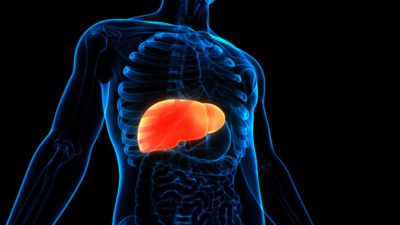By Hinde Kast
Immigrant adults with liver cancer in the United States have higher survival rates than people with the disease who were born in the U.S., according to new research from the USC Norris Comprehensive Cancer Center.
Hepatocellular carcinoma (HCC), the most common form of liver cancer, contributes to more than 27,000 deaths annually in the United States. Immigrants comprise a significant proportion of those diagnosed with HCC in the U.S. Research has shown that birthplace, also referred to as nativity, impacts incidence and risk factors for HCC, but little was known about its influence on survival after diagnosis.
The new study, just published in the Journal of the National Cancer Institute, identified a previously unrecognized disparity in survival after a diagnosis of liver cancer across all major racial/ethnic groups, with immigrants having better survival compared to those born in the U.S. This study is one of the first to robustly address nativity status as a predictor of overall survival for adults with HCC and provides important estimates of HCC survival by region of birth.
“Liver cancer is one of few cancers with increasing deaths. We identified a novel disparity by birthplace, whereby immigrants with liver cancer demonstrated better survival than their U.S.-born counterparts,” said study author Kali Zhou, MD, member of the Cancer Epidemiology Program at the USC Norris cancer center and a transplant hepatologist specializing in the treatment of chronic liver disease at Keck Medicine of USC. “This was true across different racial/ethnic groups. This finding is important as liver cancer rates are rising among U.S.-born and understanding why immigrants have better outcomes may help us create strategies to improve the survival of those born here.” (…Read More)
